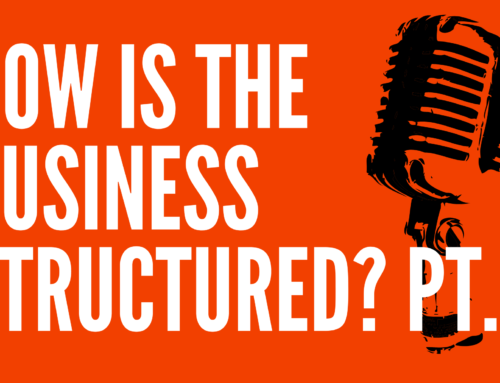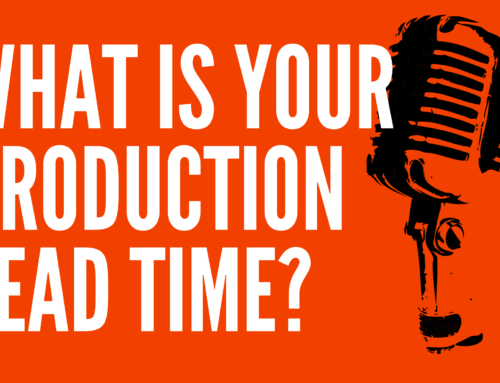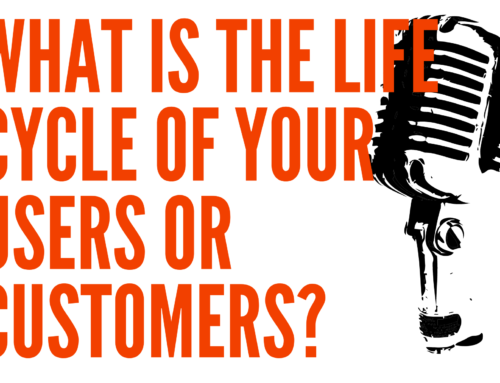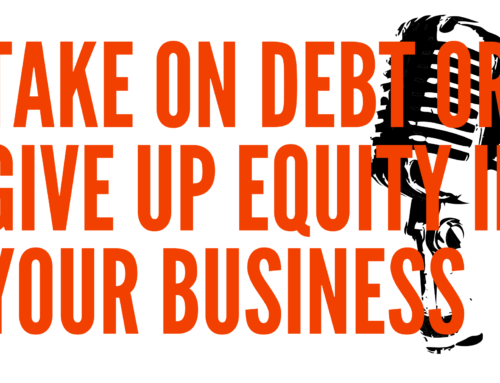The ability to obtain money when you need it is as necessary to the operation of your business as is a good location or the right equipment, reliable sources of supplies and materials, or an adequate labor force.
Before a bank or any other lending agency will lend you money, the loan officer must feel satisfied with the answers to the five following questions:
- What sort of person are you, the prospective borrower? By all odds, the character of the borrower comes first. Next is your ability to manage your business.
- What are you going to do with the money? The answer to this question will determine the type of loan, short or long-term. Money to be used for the purchase of seasonal inventory will require quicker repayment than money used to buy fixed assets.
- When and how do you plan to pay it back? Your banker’s judgment of your business ability and the type of loan will be a deciding factor in the answer to this question.
- Is the cushion in the loan large enough? In other words, does the amount requested make suitable allowance for unexpected developments? The banker decides this question on the basis of your financial statement which sets forth the condition of your business and on the collateral pledged.
- What is the outlook for business in general and for your business particularly?
Adequate Financial Data is a Must
The banker wants to make loans to businesses which are solvent, profitable, and growing. The two basic financial statements used to determine those conditions are the balance sheet and profit-and-loss statement.
The former is the major yardstick for solvency and the latter for profits. A continuous series of these two statements over a period of time is the principal device for measuring financial stability and growth potential.
In interviewing loan applicants and in studying their records, the banker is especially interested in the following facts and figures:
General Information
- Are the books and records up-to-date and in good condition?
- What is the condition of accounts payable?
- Of notes payable?
- What are the salaries of the owner-manager and other company officers?
- Are all taxes being paid currently?
- What is the order backlog?
- What is the number of employees?
- What is the insurance coverage?
Accounts Receivable
- Are there indications that some of the accounts receivable have already been pledged to another creditor?
- What is the accounts receivable turnover?
- Is the accounts receivable total weakened because many customers are far behind in their payments?
- Has a large enough reserve been set up to cover doubtful accounts?
- How much do the largest accounts owe and what percentage of your total accounts does this amount represent?
Inventories
- Is merchandise in good shape or will it have to be marked down?
- How much raw material is on hand?
- How much work is in process?
- How much of the inventory is finished goods?
- Is there any obsolete inventory?
- Has an excessive amount of inventory been consigned to customers?
- Is inventory turnover in line with the turnover for other businesses in the same industry- or is money being tied up too long in inventory?
Fixed Assets
- What is the type, age, and condition of the equipment?
- What are the depreciation policies?
- What are the details of mortgages or conditional sales contracts?
- What are the future acquisition plans?
What Kind of Money?
When you set out to borrow money for your firm, it is important to know the kind of money you need from a bank or other lending institution. There are three kinds of money:
- Short term;
- Term money, and-
- Equity capital.
Keep in mind that the purpose for which the funds are to be used is an important factor in deciding the kind of money needed.
But even so, deciding what kind of money to use is not always easy. It is sometimes complicated by the fact that you may be using some of the various kinds of money at the same time and for identical purposes.
Keep in mind that a very important distinction between the types of money is the source of repayment. Generally, short-term loans are repaid from the liquidation of current assets which they have financed. Long-term loans are usually repaid from earnings.
Short-Term Bank Loans
You can use short-term bank loans for purposes such as financing accounts receivable for, say 30 to 60 days. Or you can use them for purposes that take longer to pay off-
Such as for building a seasonal inventory over a period of 5 to 6 months.
Usually, lenders expect short-term loans to be repaid after their purposes have been served:
For example, accounts receivable loans, when the outstanding accounts have been paid by the borrower’s customers, and inventory loans, when the inventory has been converted into sellable merchandise.
Banks grant such money either on your general credit reputation with an unsecured loan or on a secured loan.
The unsecured loan is the most frequently used form of bank credit for short-term purposes. You do not have to put up collateral because the bank relies on your credit reputation.
The secured loan involves a pledge of some or all of your assets. The bank requires security as a protection for its depositors against the risks that are involved even in business situations where the chances of success are good.
Term Borrowing
Term borrowing provides money you plan to pay back over a fairly long time. Some people break it down into two forms:
- Intermediate: loans longer than 1 year but less than 5 years, and
- Long-term: loans for more than 5 years.
However, for your purpose of matching the kind of money to the needs of your company, think of term borrowing as a kind of money which you probably will pay back in periodic installments from earnings.
Equity Capital
Some people confuse term borrowing and equity (or investment) capital. Yet there is a big difference.
You don’t have to repay equity money- it is money you get by selling a part interest in your business.
You take people into your company who are willing to risk their money in it. They are interested in potential income rather than in an immediate return on their investment.








Your blog is a hidden gem.
Thank you.